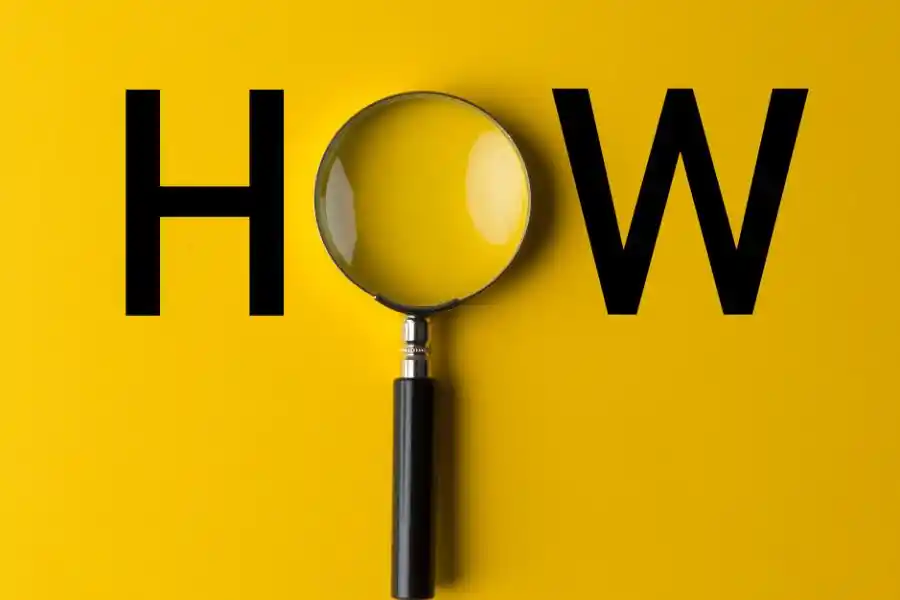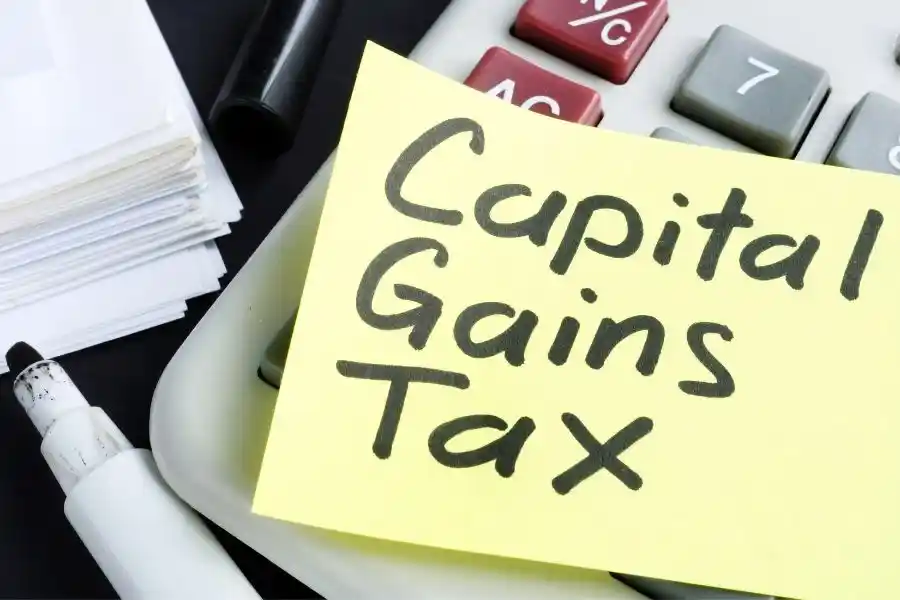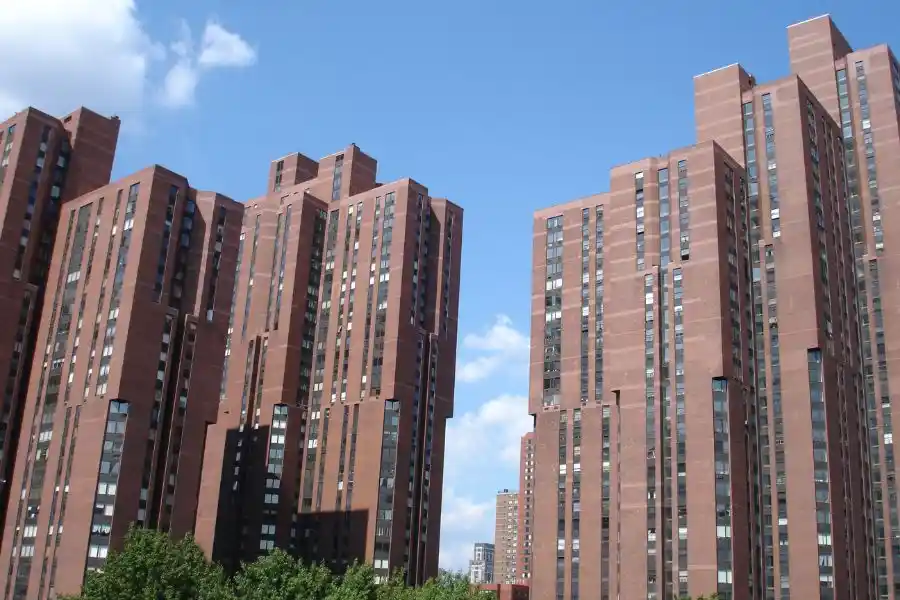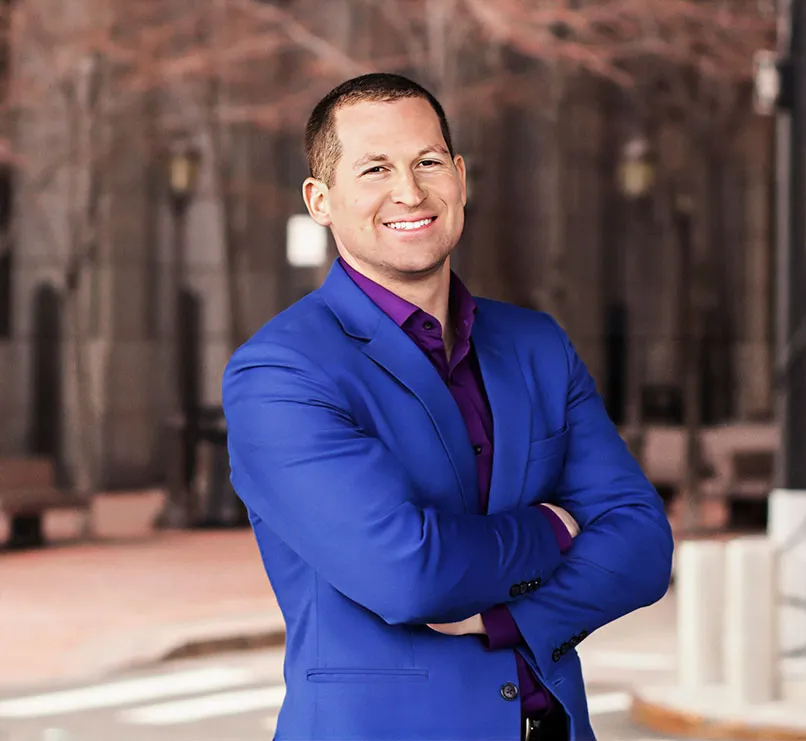Who pays property taxes when closing in New York? The seller – who owned the property during the time the taxes were incurred, is typically responsible for paying property taxes at the time of closing. However, the responsibility can be shifted to the buyer with mutual agreement. If the buyer receives a tax bill for the period the seller occupied the property, they may be responsible as current owners of that property. They can reach out to the seller to pay the bill or even have this as part of the contract at the time of closing (so the seller can leave money in the escrow).
Then there are taxes specific to the transaction itself, i.e., property changing hands. Both buyers and sellers have their own taxes.
The sellers have to pay transfer tax to both state and the city and the collective number can be as high as 2.075% for properties going for more than $3 million but for the majority of the seller’s, it’s around 1.825% of the sales price.
For buyers who purchase properties of more than $1 million, there is something called the mansion tax. It starts at 1% and increases as the value of the purchase increases.
It’s important to understand that while these taxes are tied to the property in a way, they are not property taxes per se. They are tied to the transaction of the property changing hands, whereas property taxes apply more to the ownership of the property. The only problematic period is around closing.
If the tax bill applies right before a seller vacates the premises and the property has been transferred to the buyer, it’s easily the seller’s responsibility. However, if the tax bill is due after closing when the seller has lived there for the tax period but the property is now in the buyer’s name, the responsibility for property tax should be discussed and added to the terms of the closing.













